Consultations are a fundamental aspect of decision-making and problem-solving in various areas of life, from healthcare to business and beyond. These meetings provide an opportunity for individuals and professionals to seek advice, share insights, and collaborate towards informed choices and effective solutions. In this comprehensive guide, we’ll delve into the world of consultations, exploring their significance, best practices, and how they facilitate informed decision-making.
At its core, a consultation is a process of seeking guidance, advice, or expertise from a knowledgeable source. Consultations are not limited to a specific field or purpose; they are versatile tools used across different domains, including:
In healthcare, medical consultations involve patients seeking guidance from healthcare professionals, specialists, or second opinions. These consultations are crucial for diagnosis, treatment planning, and maintaining overall health.
Businesses often seek consultations from experts in various fields, such as marketing, finance, and management. These consultations help organizations make informed decisions, improve strategies, and overcome challenges.
Legal consultations are essential for individuals and businesses when navigating complex legal matters. Lawyers provide legal advice, address concerns, and guide clients through legal processes.
In education, consultations may involve parents, students, and educators discussing academic progress, career goals, or special needs. These consultations help tailor educational experiences to individual needs.
Individuals seek personal consultations for various reasons, such as relationship advice, life coaching, and financial planning. These consultations aim to improve personal well-being and decision-making.
Consultations offer several significant advantages that make them a valuable resource in various aspects of life:
Consultations provide access to expert knowledge and insights, helping individuals and organizations make informed decisions based on a broader perspective.
Consultations enable problem-solving by gathering diverse viewpoints and strategies to address challenges and obstacles effectively.
Consultations foster open and effective communication between parties involved, facilitating understanding and collaboration.
In fields like healthcare, consultations ensure quality care by involving multiple experts in diagnosis and treatment planning.
Businesses consult experts to mitigate risks and make strategic decisions that reduce potential pitfalls.
Successful consultations are the result of careful planning, effective communication, and mutual respect. Here are some best practices to make the most of consultations:
Clearly define the purpose and objectives of the consultation. What do you hope to achieve, and what specific questions or challenges need addressing?
Choose a consultant or expert who possesses the knowledge and experience relevant to your needs. Research their background and credentials.
Prepare a list of questions or topics you want to discuss during the consultation. This ensures you cover essential points and make the most of the time.
Be open and honest in your communication during the consultation. Provide all necessary information and be receptive to feedback and advice.
Actively listen to the consultant’s responses and insights. Clarify any points you don’t understand and engage in a constructive dialogue.
Respect the agreed-upon time for the consultation. Be punctual and stick to the schedule to ensure a productive meeting.
Take notes during the consultation to capture key points and recommendations. This documentation can be valuable for future reference.
After the consultation, consider implementing the recommendations or strategies discussed. Follow up with the consultant as needed to track progress and seek further guidance.
In recent years, the rise of digital technology has introduced virtual consultations as a convenient alternative to traditional in-person meetings. Virtual consultations offer several benefits, including:
Virtual consultations can take place through video calls, phone calls, or even email exchanges, depending on the nature of the consultation and the preferences of the parties involved.
As technology continues to advance, the future of consultations holds exciting possibilities. Artificial intelligence and telemedicine, for instance, are transforming the way healthcare consultations are conducted. Virtual reality may also play a role in enhancing the immersive experience of consultations in various fields.
The core principles of consultations, which involve seeking expertise and collaborating for informed decisions, will remain essential in the years to come. Consultations are not just a tool for addressing challenges; they are a pathway to growth, learning, and progress.
Consultations are an invaluable resource for individuals, businesses, and organizations seeking guidance, expertise, and solutions. They empower us to make informed decisions, solve complex problems, and improve various aspects of our lives.
Whether you’re consulting a healthcare professional for medical advice, seeking the expertise of a business consultant, or engaging in a personal consultation to enhance your well-being, the art of consultation is a dynamic and ever-evolving process. By following best practices, embracing technology, and valuing the insights of experts, consultations will continue to play a pivotal role in shaping our decisions and driving positive change.

